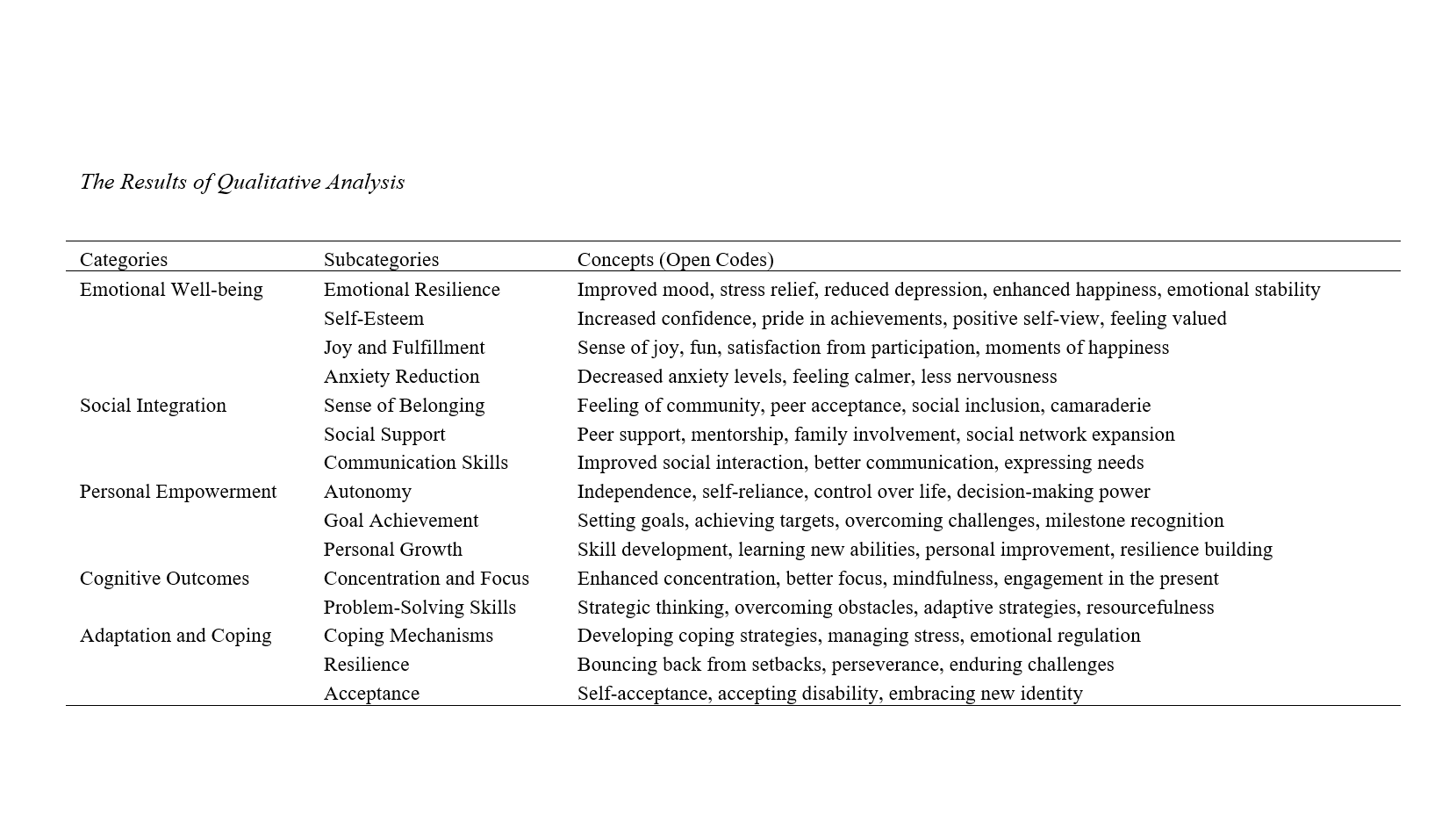Investigating the Relationship Between Coping Styles, Alexithymia, and Management Styles with Job Satisfaction (Case Study: The Employees of the Maad Group)
Keywords:
Coping styles, Alexithymia, Management styles, Job satisfactionAbstract
Objective: The personnel of any organization are considered its most principal and enduring assets; hence, understanding their needs for the implementation of organizational programs is essential. The present study aimed to investigate the relationship between coping styles, alexithymia, and management styles with job satisfaction among the employees of the Maad Group.
Materials and Methods: The research method of this study was descriptive-correlational. The study population consisted of employees of the Maad Group in Tehran in the year 2021, from which 127 individuals were selected through convenience sampling. The research instruments included the Smith, Kendall, and Hulin Job Satisfaction Questionnaire (1969), the Short Form of the Coping Strategies Questionnaire by Endler and Parker (1990), the Toronto Alexithymia Questionnaire (1986), and the Schmitt Management Styles Questionnaire (1998). Data were analyzed using Pearson's correlation coefficient and SPSS software version 22.
Findings: The results showed that there was a significant positive correlation between job satisfaction and democratic management style, goal-oriented management style, participative management style, and laissez-faire management style, as well as coping strategies (P<0.01). There was also a significant negative correlation between job satisfaction and alexithymia (P<0.01). A significant positive relationship existed between job satisfaction and problem-focused coping styles, while a significant negative relationship was found with emotion-focused and avoidance coping styles (P<0.01). Significant relationships were observed between job satisfaction and identifying feelings, difficulty describing feelings, and externally-oriented thinking (P<0.01).
Conclusion: It can be concluded that there is a relationship between coping styles, alexithymia, and management styles with job satisfaction.
Downloads

Downloads
Additional Files
Published
Issue
Section
License
Copyright (c) 2024 Samira Sadat Miri, Hoshang Zahiri (Author)

This work is licensed under a Creative Commons Attribution-NonCommercial 4.0 International License.






































